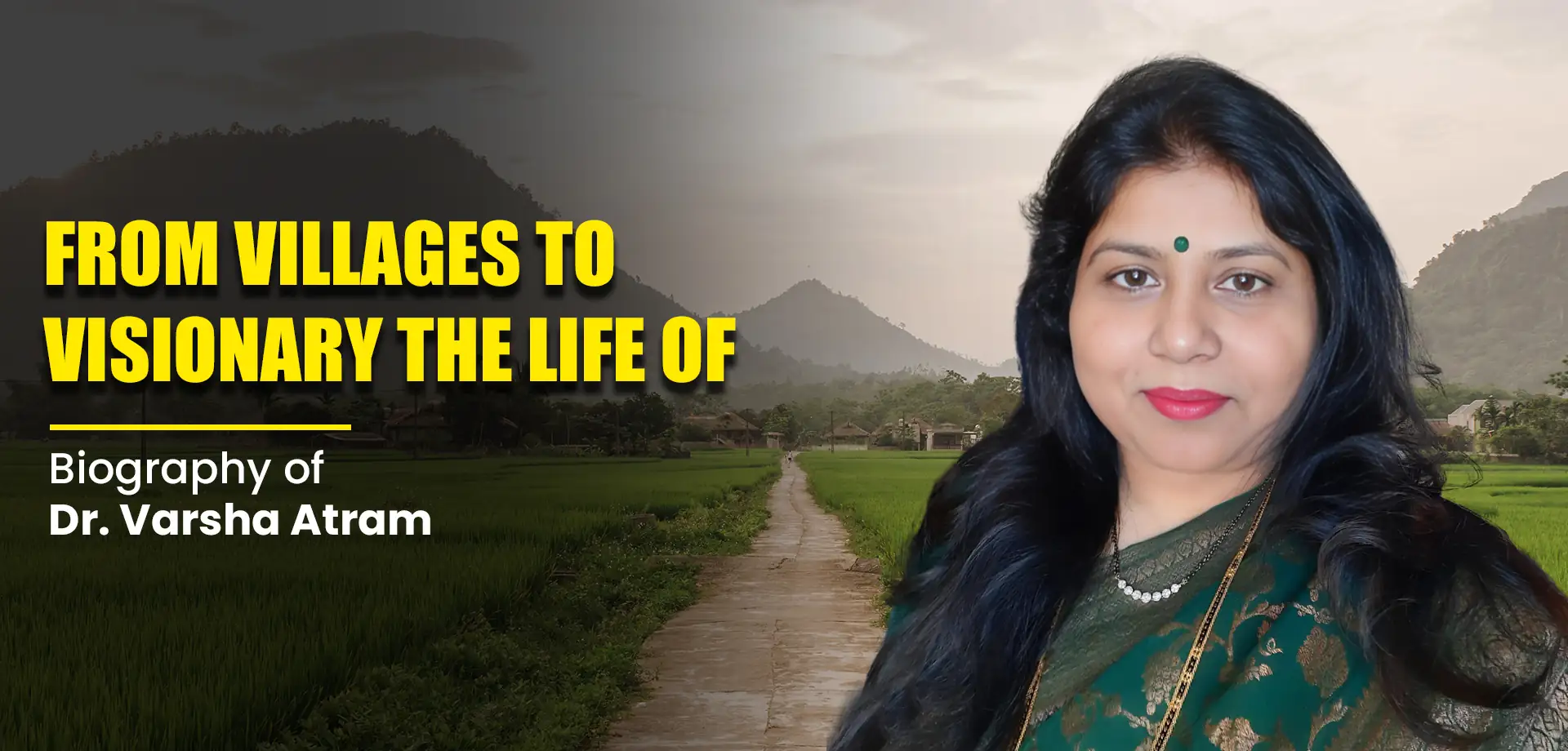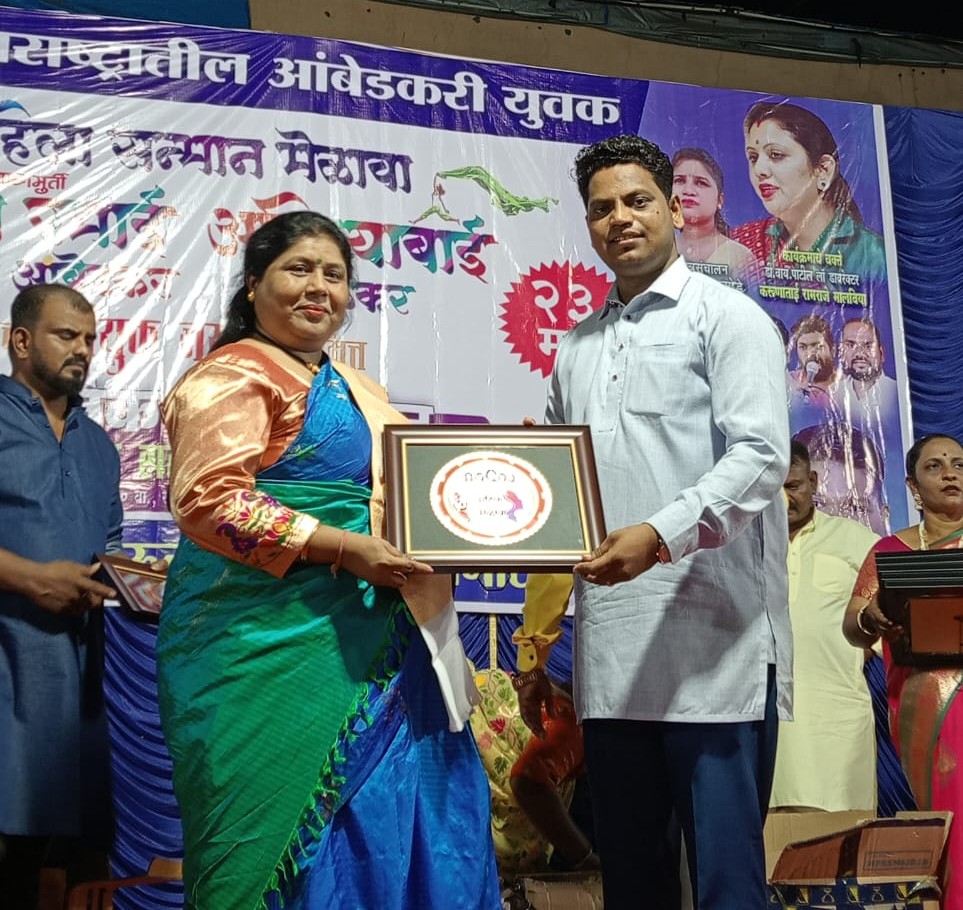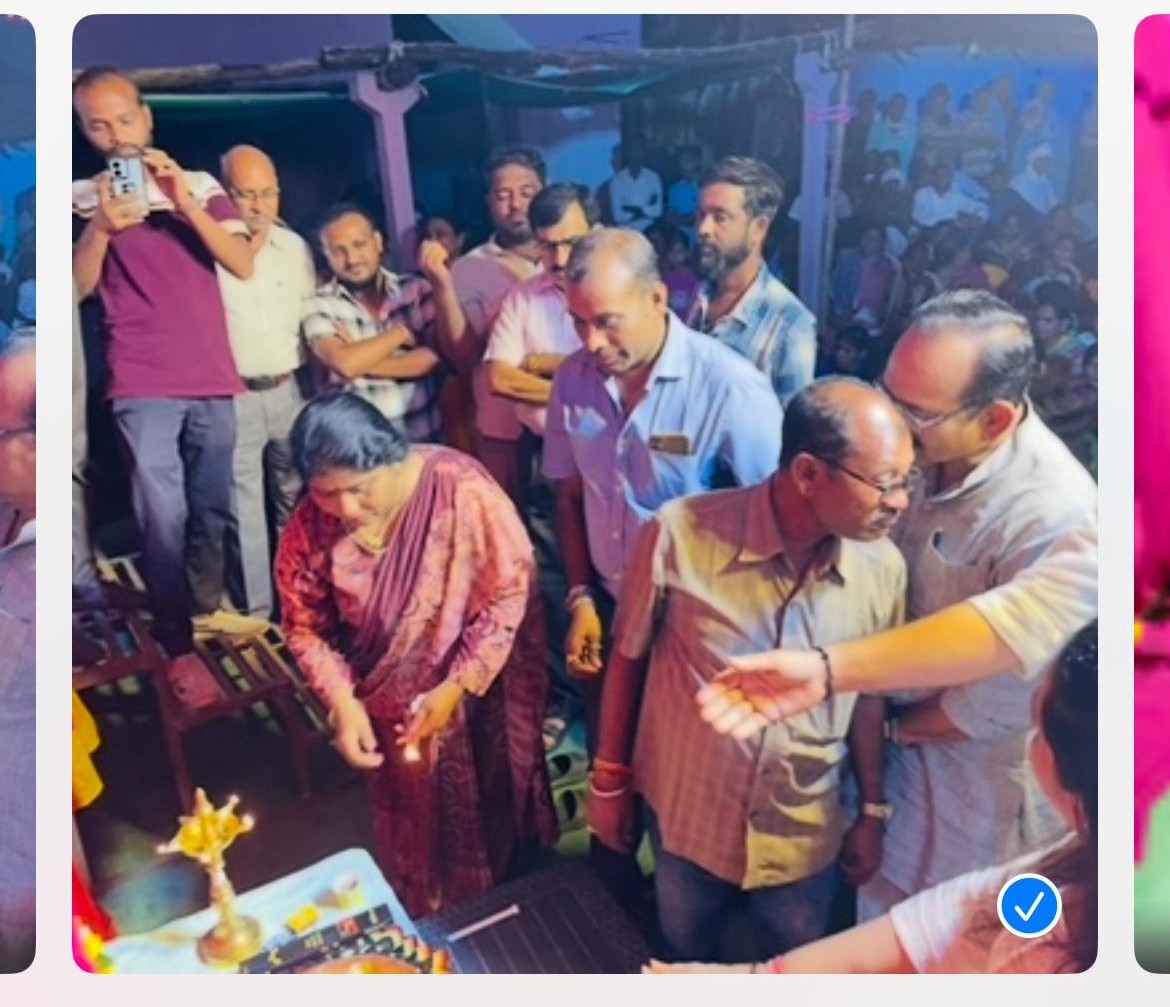ChatGPT said:
Dr. Varsha Atram responded by organizing community learning centers—small, informal setups where children could come after their daily chores. With the help of volunteer teachers and support from local youth, these centers began to function as safe havens for learning. She personally ensured that there were enough notebooks, storybooks, pencils, and blackboards. She believed every child deserved the tools to dream.
Another issue that gripped her heart was women’s health and dignity. Most tribal women suffered in silence from easily preventable health issues. Sanitation, menstrual hygiene, and access to healthcare were often ignored subjects—both by the system and the society. Dr. Varsha Atram changed this by conducting health awareness camps, involving female doctors and educators who could speak openly with local women. She even facilitated the distribution of reusable sanitary napkins and set up regular visits with health professionals.
Her efforts weren’t always welcomed instantly. In the beginning, some villagers were suspicious of her motives. Change, after all, threatens comfort zones even when those zones are painful. But she persisted. She didn’t push her ideas onto them; she waited for them to open up. And once they did, they embraced her completely.



